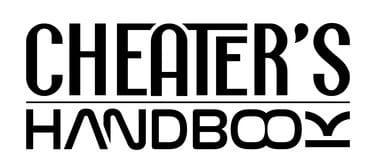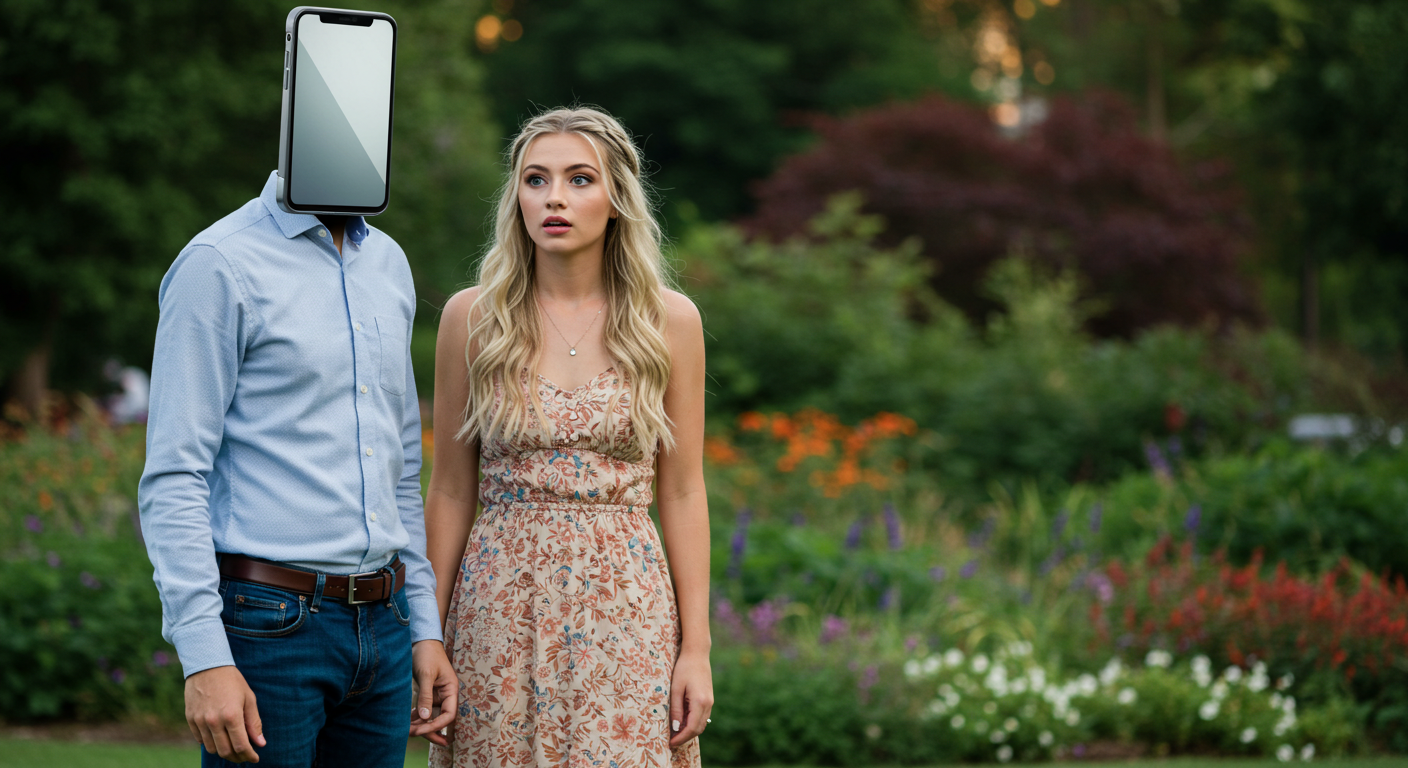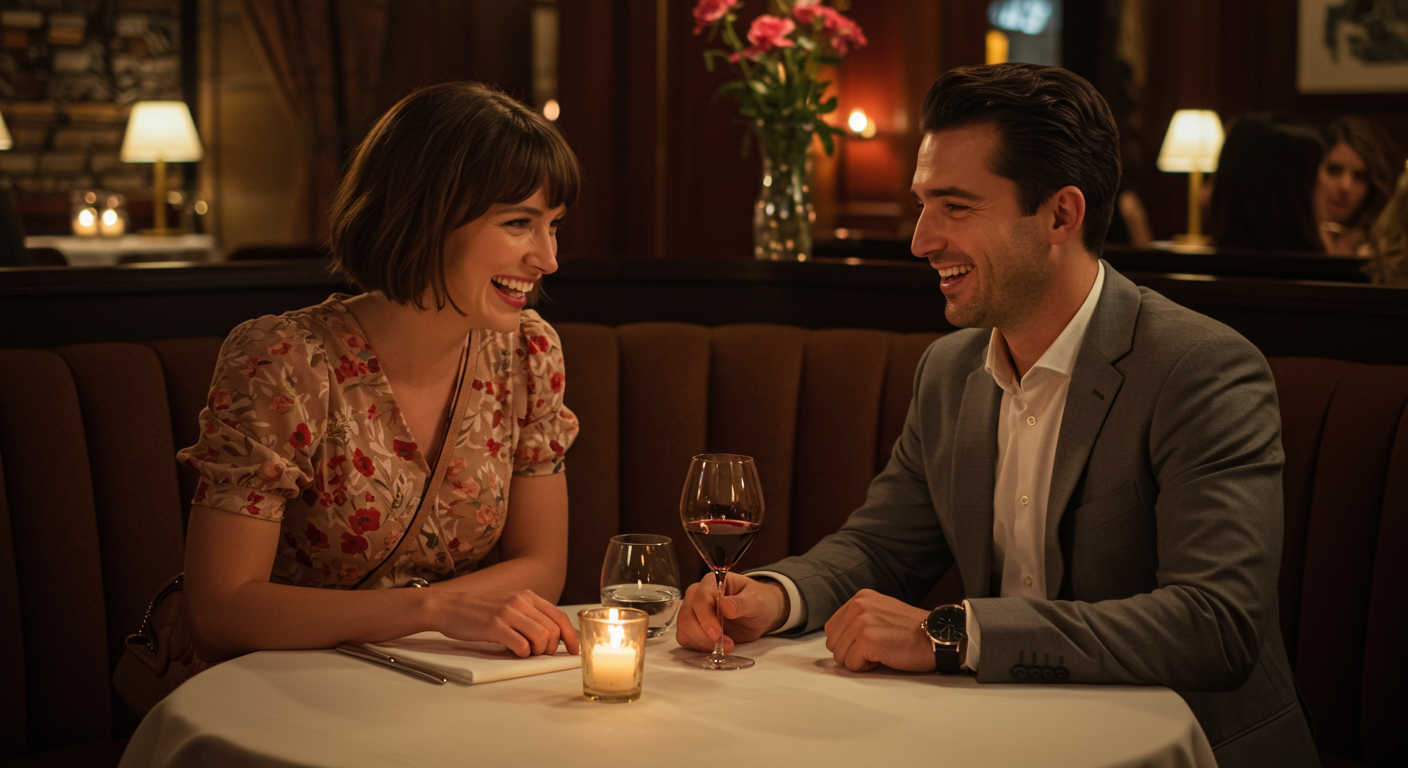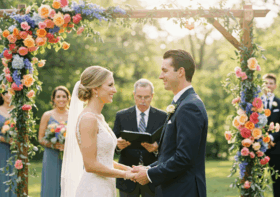Are Dating Apps Dead in 2025? Why Everyone’s Swiping Less and Talking More

There was a time when using a dating app felt exciting. Every swipe held the promise of connection, flirtation, or maybe even love. But by 2025, that thrill has worn thin for a growing number of people. The spark is fading. The conversations feel repetitive. The outcomes rarely match the effort.
It’s not that people have stopped wanting relationships—they’re just questioning whether apps are still the best way to find them. More users are quietly deleting their dating profiles, taking breaks that turn into full-on exits, or switching to in-person events instead. The energy that once surrounded online dating is slowing down, and it’s giving rise to a new conversation: are dating apps dead?
While the platforms still exist, and many still use them, the belief in their ability to foster meaningful connection is dwindling. Users aren’t just tired of the apps themselves—they’re tired of what they represent: burnout, surface-level interaction, emotional fatigue.
This isn’t about being anti-tech. It’s about being pro-intention. And the numbers—and the narratives—are starting to reflect that shift.
The Problem Was Never the Apps—It Was What We Turned Them Into
The early promise of dating apps was exciting: more access, more matches, more possibilities. But somewhere along the way, it all became too much. What was once an opportunity to connect turned into a game of endless options with very little payoff.
The problem wasn’t just the volume—it was the disconnection that came with it. Users began treating people like profiles, not humans. Ghosting became routine. Conversations stalled after “hey.” Even good matches often fizzled without a clear reason. And that takes a toll on emotional resilience.
This fatigue is at the core of why so many are stepping away. It’s not just about finding someone—it’s about how draining the search has become. People are swiping out of habit, not hope. And even when matches happen, the sense of effort, authenticity, and investment feels weaker than ever.
So when people say dating apps are dead, they’re not always being literal. The apps still work. But the excitement, the belief, the emotional payoff—they’re fading fast. And that’s leading more people to look elsewhere for something real.
Curated Personas Replaced Real People
Dating apps are built to help us put our best foot forward. But by 2025, it’s become clear that most users are performing more than they’re connecting. From carefully filtered photos to copy-pasted bios, the platforms are flooded with versions of people that don’t fully exist.
The result? Shallow conversation. Mismatched expectations. A whole lot of energy spent decoding who someone actually is beneath the curated profile.
This isn’t just frustrating—it’s exhausting. And it’s pushing people away from the apps altogether.
More singles are expressing a desire to be seen and understood without the pressure to “sell” themselves. They’re looking for real interactions, not ones designed to impress an algorithm. Whether it’s through voice-first platforms, mutual friend introductions, or shared in-person spaces, the shift is happening.
The idea that dating apps are dead isn’t rooted in dislike of technology—it’s a reflection of what happens when connection becomes more about presentation than presence. People are craving something that feels less edited, more honest, and far more human.
Even the Most Tech-Savvy Are Walking Away
It would seem like the people most comfortable with technology would thrive on dating apps—but that hasn’t turned out to be true. In fact, many digital natives are now leading the retreat. Despite being fluent in swipes, likes, and emojis, they’re opting out of the constant hustle that online dating has become.
That’s because texting chemistry doesn’t always lead to emotional depth. Flirting through GIFs doesn’t guarantee alignment. And liking someone’s bio doesn’t replace actually getting them.
What’s emerging instead is a desire for presence. Eye contact. Real-time reactions. The kind of connection that requires a little more effort—but feels far more real. This doesn’t mean people are abandoning all tech. It means they’re choosing where and how to use it more intentionally.
They’re leaning into voice memos, live conversations, and in-person meetups. They’re placing value not on how clever someone can be in a message, but how present they are in a moment.
The platforms still exist, yes. But for more and more people, they’re no longer the main character in the dating story.
Gen Z Is Quietly Leading the Exit—and It’s Telling
When dating apps first exploded into everyday life, it was assumed that younger generations—especially Gen Z—would adopt them permanently. They were digital natives, after all. Who better to thrive in an algorithmic world of bios, filters, and curated matches?
But in 2025, the tide is shifting.
While many Gen Z singles still have dating apps on their phones, they’re logging in less and investing emotionally even less than that. What used to be a default part of their dating routine now feels more like a tedious errand. They’re tired of starting the same small talk, tired of ghosting and being ghosted, and tired of relationships that never seem to move past the talking stage.
Instead, they’re embracing slower forms of connection—through friends, shared creative spaces, live events, or even niche communities that prioritise emotional compatibility over superficial swipes. The desire isn’t just for romance. It’s for relationships that feel real from the start.
This trend isn’t loud. You won’t find a press release announcing that dating apps are dead. But if you listen closely, you’ll hear the quiet refusal in Gen Z’s behaviour: the apps might still be there, but the belief in them is fading. And when an entire generation begins looking elsewhere for connection, the culture follows.
Real-Life Dating Is Making a Comeback—and It’s Actually Working
For years, the idea of meeting someone “in real life” was treated like a romantic fantasy from another era. Something that happened by accident, maybe, if the universe was feeling generous. But as more people grow disillusioned with digital dating, in-person connection is experiencing a genuine comeback—and it’s happening on purpose.
In 2025, curated social experiences are replacing the random chaos of swiping. Singles are going to intention-led events: cooking classes, sober mingles, literary meetups, niche retreats. There’s a growing appetite for spaces where people meet without needing to be someone’s type on paper first.
These real-life settings offer something dating apps simply can’t: context. You see someone laugh. You observe how they treat others. You experience the subtle energy between you—something no algorithm can measure.
This shift isn’t about nostalgia—it’s about agency. People are tired of being reduced to photos and punchlines. They want conversation that doesn’t hinge on a punchy one-liner. They want to stumble into chemistry that doesn’t start with,
“So what do you do?”
As the culture of dating evolves, so does where—and how—people are choosing to connect. If dating apps once promised access, real-life dating is now delivering depth. And the contrast is starting to matter more than ever.
Dating App Features Are Evolving—But Users Are Still Leaving
To address growing user fatigue, many dating apps in 2025 have begun rebranding and reinventing themselves. Some now include voice prompts, video profiles, and compatibility scores based on deeper personality mapping. Others allow users to filter based on intention, emotional readiness, or communication style. On the surface, it looks like progress.
And yet, it’s not quite working.
Because while the features are improving, the fundamental culture hasn’t. The apps still reward quick judgments and short attention spans. They still encourage people to juggle multiple matches while rarely building true intimacy with any. And for many users, that behavioural loop is the root problem—not the tech itself.
People aren’t just leaving because the apps are outdated. They’re leaving because they’re emotionally drained. Because they don’t want to treat connection like a slot machine, where the payoff is so rarely worth the spin.
When people say dating apps are dead, what they’re often expressing is emotional burnout. They’re not asking for another feature—they’re asking for a completely different experience. One where vulnerability is met with presence, not performance. Where showing up fully isn’t penalised by algorithms that prioritise aesthetic appeal over emotional effort.
Until that shift happens, even the smartest new features won’t be enough to bring people back with any real trust.
Are Dating Apps Dead?: The Apps Still Exist—But Our Faith in Them Doesn’t
Let’s be honest: dating apps probably aren’t going anywhere. They’re too big, too embedded, too profitable. Millions of people still use them daily, and for some, they do work. But the way people use them is changing—and so is the meaning they carry.
More and more, people log in out of boredom, not hope. They swipe without real interest, match with no intention to meet, and chat out of habit, not excitement. It’s not that dating apps are dead entirely. It’s that they’ve lost their soul for a huge chunk of the population.
What’s fading is not just usage, but belief. The belief that dating apps are the best way to meet someone. The belief that they support emotional connection. The belief that they lead to love, instead of frustration.
People are no longer surprised when a match ghosts. They don’t get excited over witty bios. They don’t expect depth to come from digital profiles. And in a strange way, that quiet resignation is louder than a mass exodus. It means trust has been lost.
Dating apps might still live on our phones. But more and more, they don’t live in our hearts. And when it comes to love, that distinction is everything.
My Go-To Platform for Flings, Affairs, and MILFs
Looking for top-notch flings, affairs, or MILFs? Skip the rest, AdultFriendFinder is the gold standard. Zero bots, zero fakes—just real connections. I've scored big in multiple cities. Sign up now, it's FREE!








